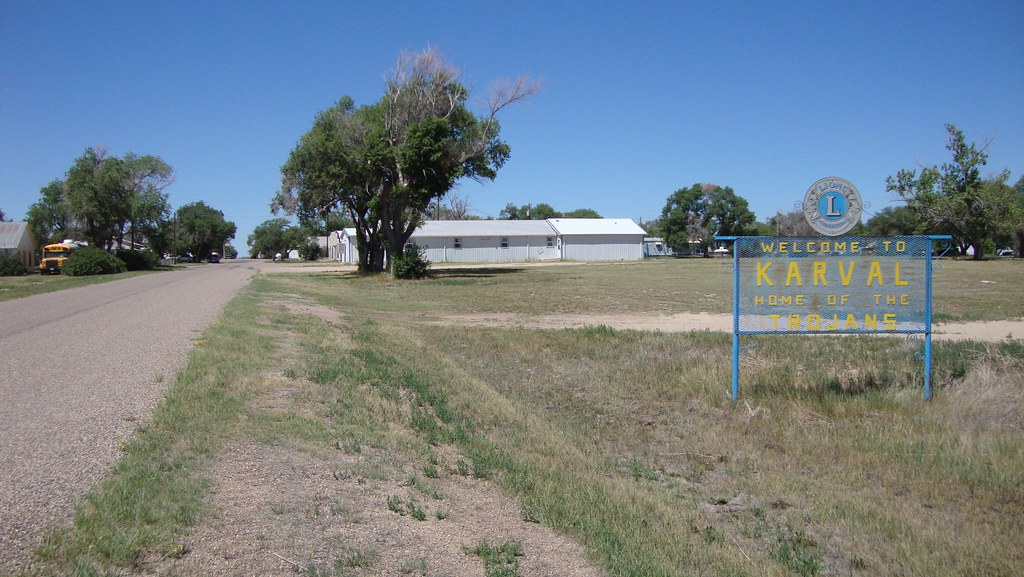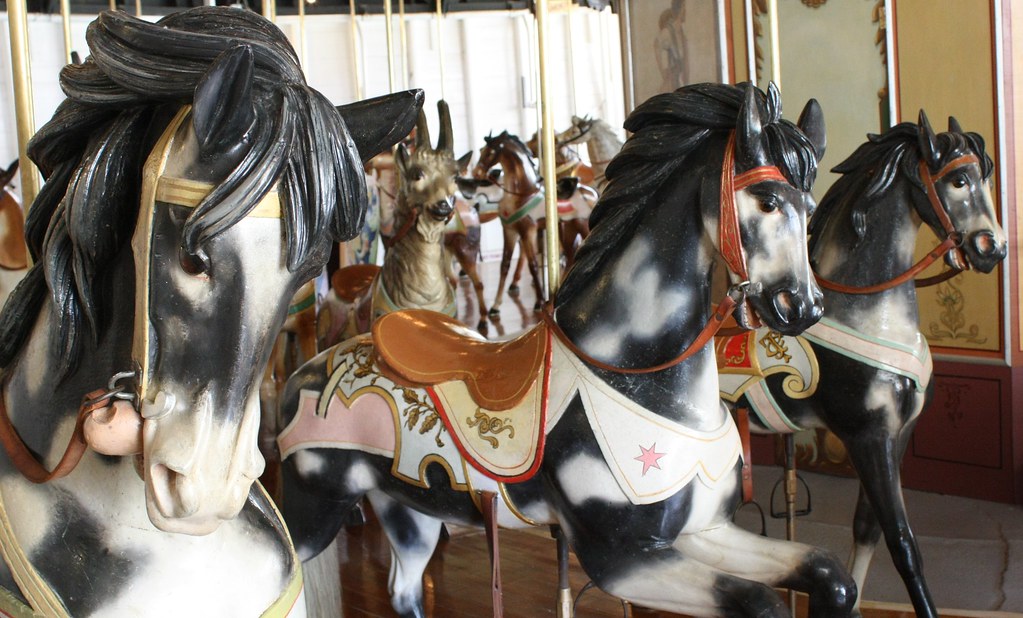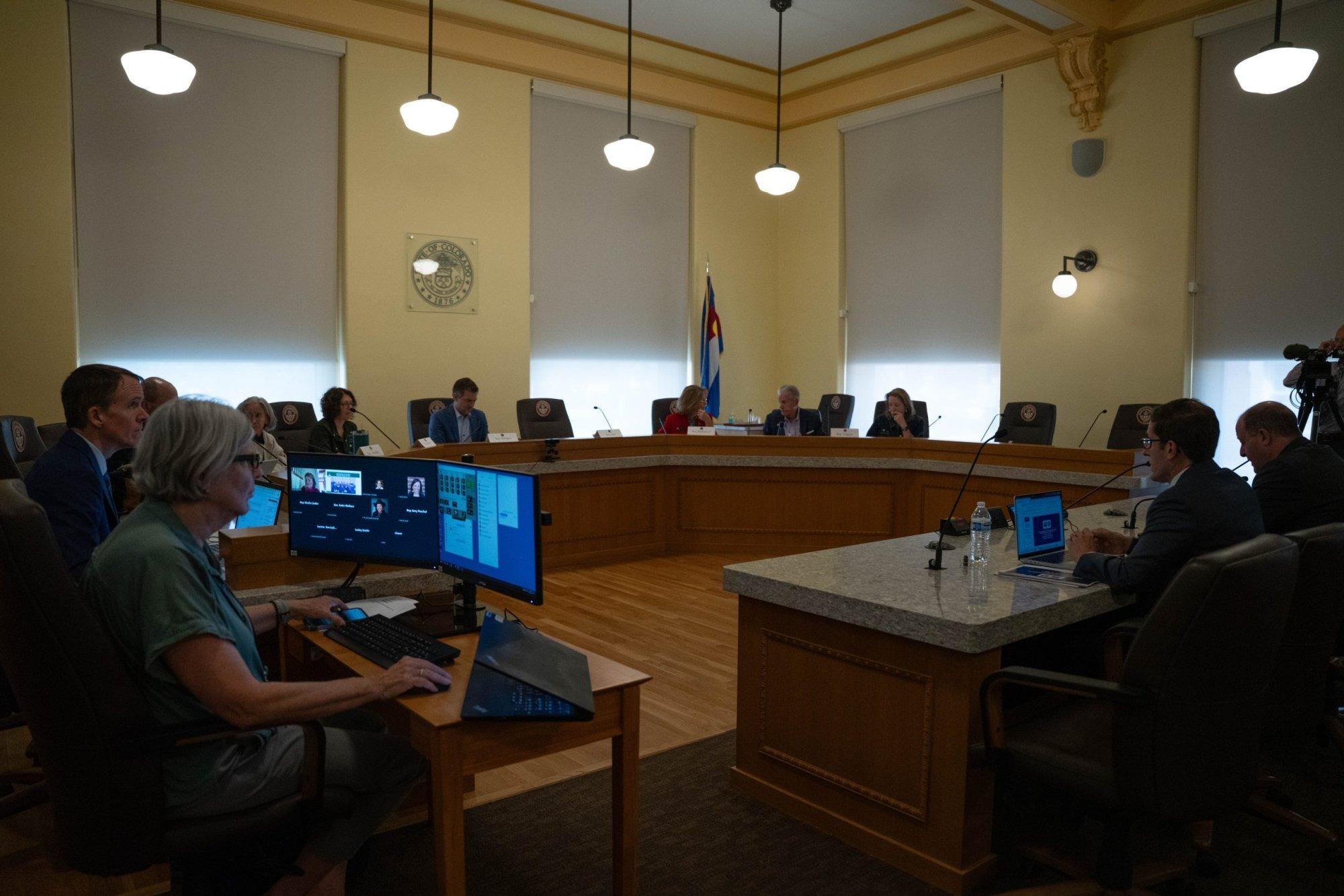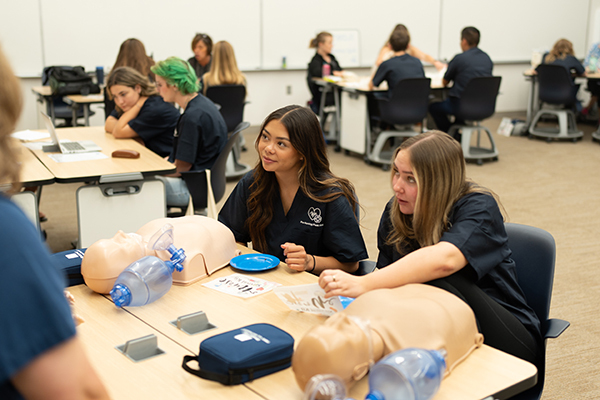
This weekend, tourists from across the state and the country will descend on tiny Karval, Colorado, to see a rare bird -- the mountain plover.
It's a big weekend every year for the village of about 35 people.
"We have a good school facility, the post office, and that's it," said Carl Stogsdill, a third-generation rancher who's helped organize the Mountain Plover Festival for 10 years. "There used to be 150 people living in the village of Karval, but over the years they went elsewhere. Just like every other little town in the Plains."
Because of that, the plover's high-pitched trill is a sweet sound for its residents. It generates business for locals, some of whom open their homes to birders. And while some prefer to stay in motels in Hugo or Limon, Stogsdill said he's hosting three travelers himself.
He discourages people from showing up unannounced to the festival, but says if someone wants to sign up today, "There's a few places still available where we could fit somebody in," he said.
The village is in unincorporated Lincoln County on the Eastern Plains -- a region that has struggled to diversify its economy beyond farming and ranching. The Plains could use a boost, because while unemployment in the region is low, there are other issues, like a stagnant population, empty main streets and prolonged drought.
Diversification is the key to turning that around, according to Jo Downey, who works for four counties that have banded together in the Central Plains. She's behind a campaign to get Front Range residents to look east, not west, for their next vacation.
"This is really the real Colorado," she told Colorado Matters host Ryan Warner. "This is where it was settled first. This is how the pioneers came across."
She points to attractions like the Kit Carson County Carousel, which the county commissioners paid $1,200 for in 1928.
"Those commissioners got kicked out of office for spending $1,200 at that time," she said. "It's now the only wooden carousel left in the U.S. with full original paint."
Downey said it's true that much of the tourism on the Plains promotes the past.
"But it shouldn't be seen as sad," she said. "So much of the fabric is still there. And the people are still there."
But while the Front Range has grown by nearly 1 million people since 2000, the population on the Plains has actually shrunk slightly in that same time. Beyond tourism, Downey said new technologies, like wind power and broadband internet, can bring new jobs to rural areas.
"We don't have to be doing technology work from an office up on the Front Range," Downey said.
For an old hand like rancher Carl Stogsdill though, he couldn't imagine living anywhere else.
"This is what I know and all I've done," he said. "I've been here 72 years. My folks' homestead is here. And I've just been here. We love agriculture and this is our way of life."
Thanks to William W. H. Gunn with the Macaulay Library at the Cornell Lab of Ornithology for the mountain plover recording used in the broadcast version of this story.











